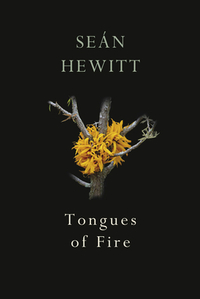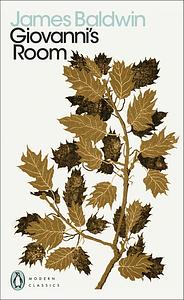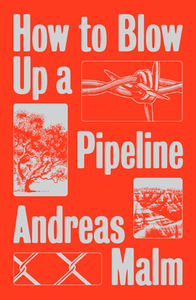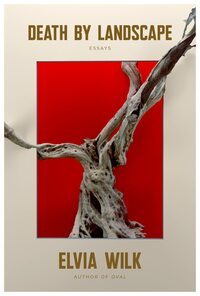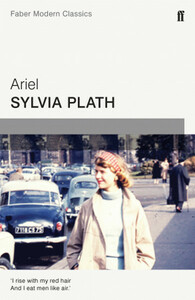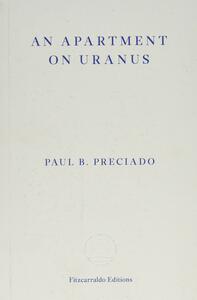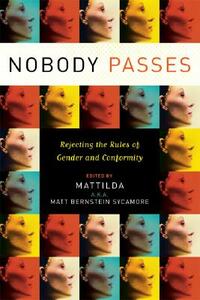Take a photo of a barcode or cover
mars2k's Reviews (234)
reflective
medium-paced
Earthy. Consistent quality but samey. In the end, it started to get on my nerves. Maybe I would have liked the titular poem if I’d encountered it by itself, but its placement at the end of this anthology reduces it to yet another tree metaphor. Beautiful imagery loses its lustre eventually.
dark
emotional
reflective
sad
tense
medium-paced
Everyone sucks and everyone deserves better.
adventurous
hopeful
reflective
fast-paced
The faggots, it was noticed, are too quick to believe that the revolution had come and so too quick to celebrate. The vanguard demands that the revolution go on forever and so demands that the celebration only be planned, never enacted.
Not quite a story, not quite a manifesto. But why am I trying to categorise it?
slow-paced
Middle class white man discovers direct action.
We Are ‘Nature' Defending Itself: Entangling Art, Activism and Autonomous Zones
Isabelle Fremeaux, John Jordan
emotional
hopeful
inspiring
medium-paced
Not a how-to guide by any means, but it does demonstrate possibilities outside the enclosures of capitalism, with emphasis on building community and connections not only with your fellow humans but with the broader ecosystem. Inspiring.
CONTENT WARNINGS: climate change/ecological collapse/extinction, eviction, police brutality
CONTENT WARNINGS: climate change/ecological collapse/extinction, eviction, police brutality
emotional
medium-paced
My favourite poems were “Serenade to Surrender,” “Insomnia,” “Event Horizon,” and “July”
I found many of the other poems to be unfocused and meandering. I also noticed some were structured in a way that makes sense visually but not rhythmically, and couldn’t unsee that afterwards. Some outstayed their welcome (“Self-Diagnosis” was good but would have been more impactful had it been confined to a single page, I think.)
The whole thing felt a bit amateurish, a bit Tumblr... It is raw and tender, but in a slightly clumsy way. To be fair, Winters was in their late teens when this book was published (and some of the poems may have been written a few years prior). I’d like to read their more recent work.
CONTENT WARNINGS: disordered eating, self harm, suicidality
It’s alright. I’ll probably revisit it at some point, but I don’t really have the energy for it right now. I don’t get the sense that there’s some uniting theory or conclusion being set up. It’s just a collection of brief essays connected by theme but not really building upon one another, and for the most part they’re just plot synopses for short stories I haven’t read. The writing is accessible and the concepts explored are interesting (though they’re not Wilk’s concepts, so I’m not sure I can give her too much credit). There’s just not enough substance to keep me hooked.
dark
reflective
fast-paced
“The world is blood-hot and personal”
I picked up this book because I was vaguely familiar with Sylvia Plath through cultural osmosis but had never actually read her work, and I wanted to change that.
I’m not sure what to make of this collection. There were a few poems I liked (“Tulips,” “Berck-Plage,” “Paralytic”) but others seemed... jumbled? I’m not sure if that’s the right word.
There’s a dreamlike quality in Plath’s writing, evoking imagery mostly by naming colours, which is enough to establish the location or the mood but then I’d feel a bit lost. I felt like I never quite got what she was gesturing at; I know she was a writer and I know she was abused and I know she killed herself, but I didn’t know her, so the deeply personal nature of many of these poems made it difficult for me to grasp her meaning.
CONTENT WARNINGS: death, suicide, injury, blood, racism
In these brief essays, Preciado idly comments on (then-)current events or half-remembers a Wikipedia article he read. I was drawn in by the Uranus motif and the idea of reclaiming/reinventing uranism, but he doesn’t really do anything with the concept beyond mentioning it. His observations are mostly obvious. Sometimes he’ll say something that might be interesting but his point is obscured by buzzwords and neologisms.
I stopped properly reading about a third of the way through, but I did skim the rest. I don’t like giving up on books but honestly? This was a phenomenal waste of time.
reflective
medium-paced
Unfocused. I admire the ambition and the insistence on including a wide variety of voices and angles, but the scope is just too broad for the anthology to truly come together. I wish there had been more emphasis on the idea of passing. I don’t know whether the issue stems from most of the writers not understanding the assignment, or whether the brief they were given was too vague to begin with. In any case, a lot of these essays had little to do with passing and instead discussed tangentially-related topics like presenting yourself as one of the good ones, or reclaiming a previously suppressed identity, or generally experiencing discrimination (societal and intra-community). It’s not that these topics aren’t worth talking about, they’re just not what the title and synopsis of this book promised, and the anthology format means no one subject gets the thorough examination it deserves. Even the essays that do engage with passing are rather rudimentary. Dean Spade’s essay, for example, identifies passing as a prerequisite to accessing privileges (and rights) which would otherwise be denied, such as healthcare. But surely this is common knowledge to anyone even vaguely familiar with the concept of passing? It offers no new insights if you are, yet it also isn’t quite basic enough to serve as a primer for people who aren’t.
I don’t mean to single Spade out – I do appreciate his work and this essay is hardly the worst in the collection (that would be The End of Genderqueer by Rocko Bulldagger). There were a couple of essays I did like, namely Persephone by Helen Boyd and Hat by Tucker Lieberman.
Nobody Passes doesn’t quite work as an anthology and it doesn’t deliver on its promise to explore what it means to pass. I expected essays on the borders of gender being so zealously policed that cis people are misgendered or mistaken as trans; on what it’s like to pass as, say, a trans woman but not as cis; in-depth explorations of navigating a gendered world as a genderqueer person excluded by barriers most people don’t even notice. There was a bit of that, but this book really did leave me wanting more. In a way that’s a good thing, because I do feel inspired to write my own essays and create artwork about the subjects that I felt were un(der)represented here, to fill in the gaps with my own contributions. But yeah. I would have liked something more intentional.
CONTENT WARNINGS: transphobia, homophobia, misogyny, racism, antisemitism, islamophobia, colonialism, classism, eviction/homelessness, imprisonment, police brutality, domestic violence, gun violence, rape, incest, suicide attempt, drug use
